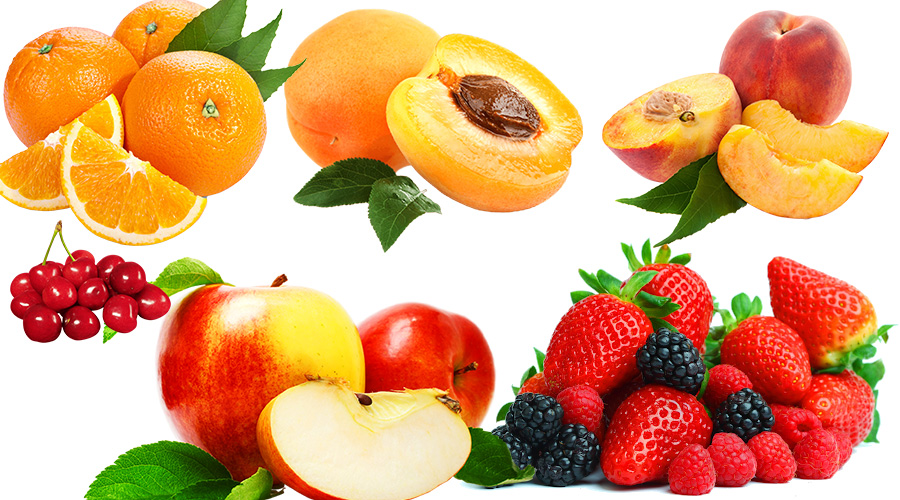Salt therapy – All you need to know
- 24 Feb - 01 Mar, 2024
When you're looking for a diabetes-friendly treat that can help keep your blood sugar within a healthy range, look no farther than the produce drawer of your refrigerator or the fruit basket on your kitchen table.
Believe it or not, the notion that fruit is not safe when you need to watch your A1C is a popular diabetes myth that has been debunked again and again. Indeed, according to the American Diabetes Association (ADA), many types of fruit are loaded with good-for-you vitamins and minerals, as well as fibre – a powerful nutrient that can help regulate blood sugar levels and decrease your risk of developing type 2 diabetes.

So, how do you pick the best fruits for diabetes? While some forms of fruit, like juice, can be bad for diabetes, whole fruits like berries, citrus, apricots, and yes, even apples – can be good for your A1C and overall health, fighting inflammation, normalising your blood pressure, and more.
But as with any food in your diabetes diet, you have to be smart about counting carbohydrates and tracking what you eat. Portion size is key.
So, the next time you have a hankering for something sweet, consider reaching for one of the following naturally sweet and juicy treats, courtesy of Mother Nature – you can whip it into a diabetes-friendly smoothie or keep it simple and throw it into your bag to munch on while you're on the go.
Whether you love blueberries, strawberries, or any other type of berry, you have the go-ahead to indulge. According to the ADA, berries are a diabetes superfood because they're packed with antioxidants and fibre. One cup of fresh blueberries has 84 calories and 21 grams (g) of carbohydrates.
One cup of cherries has 52 calories and 12.5 g of carbs, and they may be especially good at fighting inflammation. Tart cherries are also packed with antioxidants, which may help fight heart disease, cancer, and other diseases. These fruits can be purchased fresh, canned, frozen, or dried. But since many canned and dried fruits contain added sugar, which can spike your blood sugar, be sure to check the labels.
Fragrant, juicy peaches are a warm-weather treat and can also be included in your diabetes-friendly diet. One medium peach contains 59 calories and 14 g of carbohydrates. It also has 10 milligrams (mg) of vitamin C, which covers 11 per cent of your daily value (DV) for that nutrient, and 285 mg of potassium (six per cent of the DV).
Apricots are a wonderful addition to your diabetes meal plan. One apricot has just 17 calories and four grams of carbohydrates. Four fresh apricots provide 134 micrograms (mcg) of your daily vitamin A requirement, which is 15 per cent of your DV. These fruity jewels are also a good source of fibre.
An apple a day really might keep the doctor away. Toss one in your purse or tote bag if you're on the go; a medium-size apple is a great fruit choice, with just 95 calories and 25 g of carbs. Apples are also loaded with fibre and offer some vitamin C, with one midsize apple providing 8.73 mg or about nine per cent of the DV. Don't peel your apples, though – the skins are nutritious, with extra fibre and heart-protective antioxidants.
Eat one orange and you'll get 78 per cent of the vitamin C you need in a day (there are 70 mg of C in one medium fruit). This refreshing choice comes in at only 15 g of carbohydrates and 62 calories. One medium orange also contains folate (40 mcg or 10 per cent of the DV) and potassium (237 mg or five per cent of the DV), which may help normalise blood pressure. And while you're enjoying this juicy treat, don't forget that other citrus fruits, like grapefruit, are also great choices.
Because pears are an excellent source of fiber (one medium fruit has nearly 5.5 g or 20 per cent of the DV), they make a wise addition to your diabetes meal plan. Plus, unlike most fruit, they actually improve in texture and flavour after they're picked. Store your pears at room temperature until they're ripe and perfect for eating (they can then be stowed in the refrigerator).
COMMENTS